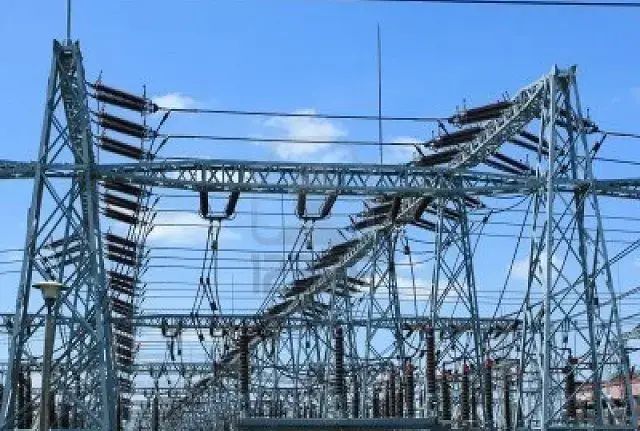Nigeria’s Electricity distribution companies (DisCos) are grappling with a substantial capital deficit estimated at N2 trillion (approximately $2.5 billion), highlighting the challenges in the industry to adequately supply power to over 200 million citizens. The Special Adviser on Energy to President Bola Tinubu revealed this in an interview with Bloomberg.
To address this deficit, the adviser emphasized the need for policies facilitating reorganization, recapitalization, and the infusion of new partners with fresh capital. The proposed recapitalization is intended to align with plans to make electricity tariffs cost-reflective, ultimately enhancing the liquidity and viability of the power sector.
While the adviser did not provide specific details or a timeline for the recapitalization plan, President Tinubu had previously pledged to improve electricity supply in the country on January 1.
The electricity industry in Nigeria underwent privatization of generation and distribution in 2013. However, tariffs are regulated by the Nigeria Electricity Regulatory Commission (NERC), a government agency. Power firms face challenges as they are not permitted to charge rates sufficient to cover the cost of distributing electricity, leading to the government subsidizing the sector.
In the absence of tariff adjustments, external factors such as the devaluation of the naira and rising inflation could increase energy subsidies from N600 billion in 2023 to an estimated N1.6 trillion this year, according to NERC. The current fiscal constraints make it challenging for the government to cover this shortfall, exacerbating financial-liquidity challenges in the power sector.
It’s worth noting that, of Nigeria’s installed capacity of 13,000 megawatts for electricity generation, only 4,000 megawatts are distributed to homes and businesses, highlighting the significant gap in power supply.

